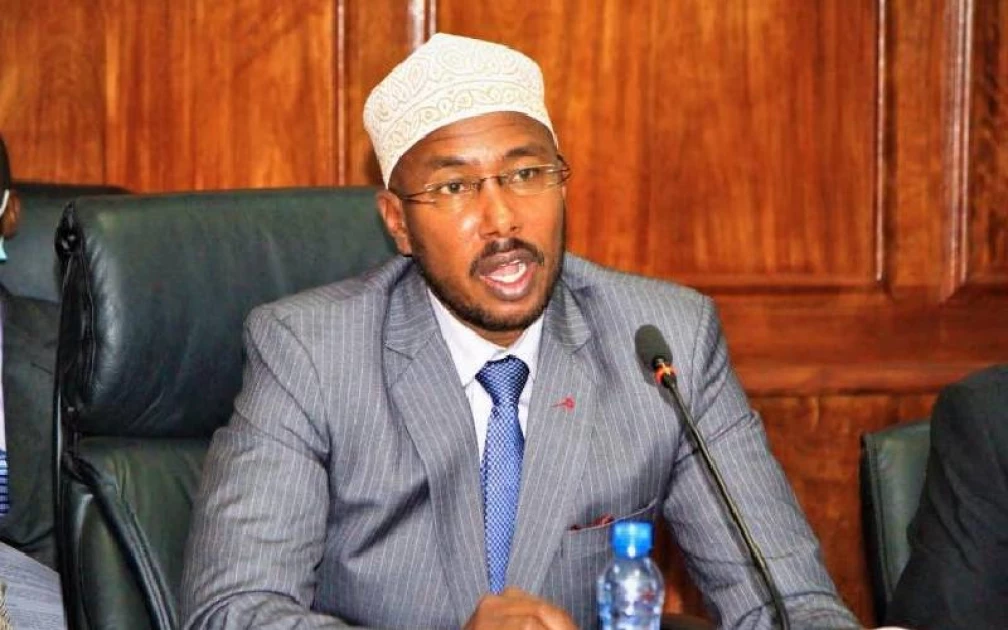Kenya has been without a fully constituted electoral commission for two years, leaving the country in a state of uncertainty.
This situation began in January 2023 when the terms of the then-chairperson Wafula Chebukati and commissioners Boya Molu and Prof Abdi Guliye came to an end.
The country’s electoral body, the Independent Electoral and Boundaries Commission (IEBC), was further weakened in December 2022, when three additional commissioners, known as the “Cherera Four,” resigned.
Another commissioner was removed from office after a tribunal’s findings.

As per the reports by the Star, the lack of a properly constituted IEBC has raised concerns, particularly as the country approaches the 2027 general elections.
According to the IEBC’s assessment, the country may be forced to use the current boundaries for the next elections unless swift action is taken.
The electoral body has openly acknowledged the risks associated with failing to reconstitute the commission on time, emphasizing that the delay has created a tense and uncertain political environment.
The need to fill these vacancies has not gone unnoticed, and on January 27, 2025, a panel appointed by President William Ruto held its first meeting. During this session, Nelson Makanda was voted as the panel’s chairman, and Lindah Kiome was elected as vice chairperson.
The panel is now tasked with accepting applications to fill the vacancies at the IEBC and has 90 days to shortlist two candidates for the chairperson’s position, along with nine others for commissioner roles.
From these shortlisted candidates, the President will choose the new chairperson and six commissioners, who will then be vetted by Parliament.
The urgency of this process is clear, but the task ahead is no small feat. Hussein Marjan, the Chief Executive Officer of the IEBC, has raised concerns about the commission’s ability to meet constitutional deadlines for the delimitation process. Marjan has pointed out that even if the new commissioners are in place by June, time may be insufficient to complete the necessary work before the next election.
He highlighted the challenge of verifying data collected by county commissioners, noting that this process is labor-intensive and time-consuming, with no shortcuts. This verification is crucial in ensuring that the delimitation process, which involves defining constituency boundaries, is done accurately.
One of the key responsibilities of the commissioners will be to oversee the public participation process, which requires them to visit all 290 constituencies. Given the vastness of the country and the number of constituencies involved, it will be a monumental task.
Marjan estimates that even a single visit to each constituency would extend the timeline well beyond a year.
With time running out and the country in a state of uncertainty, the challenge of reconstituting the IEBC is becoming more critical each day.
As the clock ticks towards 2027, the IEBC’s ability to deliver fair and accurate elections will depend on how quickly and efficiently the commission can be reconstituted.
However, the reality is that without adequate time to complete the necessary processes, including boundary delimitation, Kenya may face challenges in conducting a credible election.
The country’s political stability hinges on how well the government addresses this issue in the coming months.

